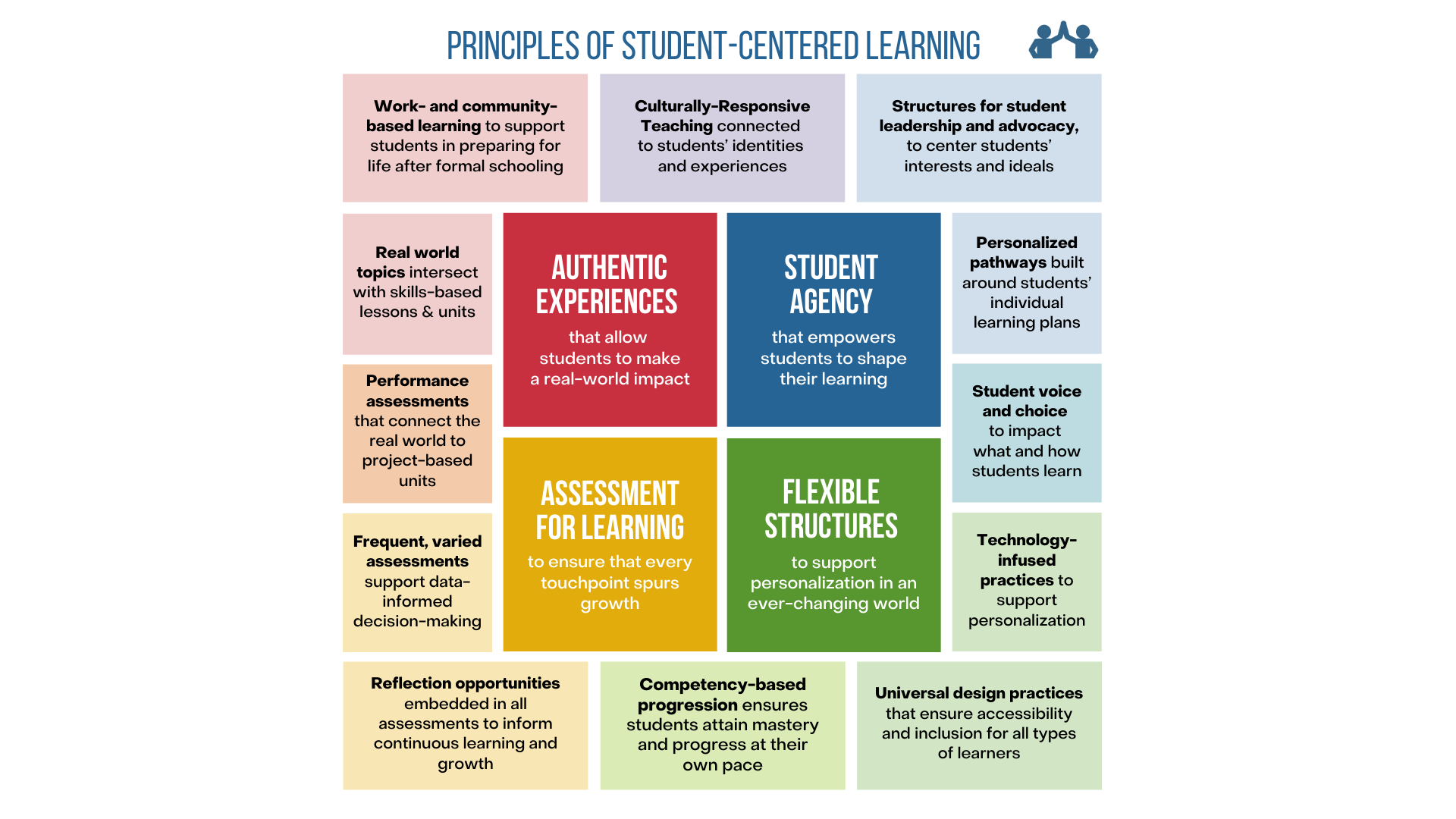The teaching profession is entering a crisis point. Many teachers are looking for the exit, feeling exhausted by the competing demands they are expected to meet and disrespected as professionals, asked to do the impossible by solving society’s social problems while also delivering a rigorous academic education. According to recent surveys, teacher attrition is higher since the COVID pandemic than in prior years, and up to 55% of teachers are considering leaving the classroom soon. Burnout is a frequently-cited cause of this burgeoning mass exodus, and teacher pay is still lagging behind other professions, but just behind these factors is another reason that is hard to ignore: over a quarter of teachers cite a lack of career development as a reason for their desire to leave.
It can be easy for individuals and small organizations, especially those of us who are concerned as we support teachers from the sidelines, to feel like we can’t effect meaningful change around teacher salary and burnout. We can contribute, but at the end of the day, we are part of a great educational and societal ecosystem that must coordinate our efforts to make a meaningful difference to the teacher experience.
Career development is different. Supporting teachers is essential to what we do, but helping teachers grow, giving them the opportunity to create a positive impact, is our raison d’etre.
For the past two years, we’ve been focused on how to make professional growth feel meaningful to educators, in a way that may play a part in their ultimate ability to grow and thrive in their classrooms. We began with our mission and our organization’s core beliefs, giving both a hard look and careful consideration, and we developed a vision statement that reified both in a way that felt tangible. But from there, we knew we still needed to find a way to define the ways in which we help teachers grow, the kinds of competencies that could serve as a beacon for teachers seeking to transform their practice while also being recognizable assets they could showcase within their districts. This was how we established our Core Teacher Competencies.
Of course, providing learning opportunities in itself is not enough to support teachers’ career development and growth, so our focus for the past year has been in making this learning visible and shareable. To this end, we turned our Core Competencies into microcredentials, represented visually by digital badges. Microcredential badges can be added to a resume, email signature, or networking website. Teachers who demonstrate proficiency in any of our six Core Teacher Competencies within our Co-Labs may earn a Practitioner-level microcredential badge that certifies their strength in this area.
Teachers who ultimately demonstrate continued growth and application of this competency as leaders can eventually earn Leader-level certification in that Competency. This is currently the highest level of recognition offered by our organization, an indication that the teacher is ready to lead their peers, formally or informally. And this carries real heft: we have brought Leaders back to be co-facilitators, to present in workshops, to contribute to thought leadership. And we hope to expand this in the years ahead.
Making Microcredentials Meaningful
What’s next is to make these microcredentials truly meaningful by working to ensure they carry currency. While a teacher can showcase a microcredential on LinkedIn or a resume, and while we know that teachers’ learning in these areas will translate into more effective practice, we also know that they will be most useful if they can help a teacher move up in steps, perhaps, or be eligible for a stipended teacher leadership role. To do this, we hope to band together with peer organizations to establish a common language for competencies and shared investment in common microcredentials. We hope to work with districts to offer our assessment of teacher competency in these areas in a way that districts will trust and back. All of this will take time, so in the meantime we have partnered with an institute of higher education (Fitchburg State University) to offer graduate credit for some of our programs; we offer stipends for engagement in our Co-Labs and task forces, and we are building a database of teacher competencies so that we can establish a clearinghouse of teacher professional expertise.
Ultimately, we know that the badges will be an afterthought if teachers feel seen as they grow and have a positive impact on their schools and, foremost, their students. Teachers are consummate learners who are growing regardless of any initiative. We hope to help them in growing within - rather than out of - their critical roles.
by Diana Lebeaux, Senior Director of Programs at The Teacher Collaborative






